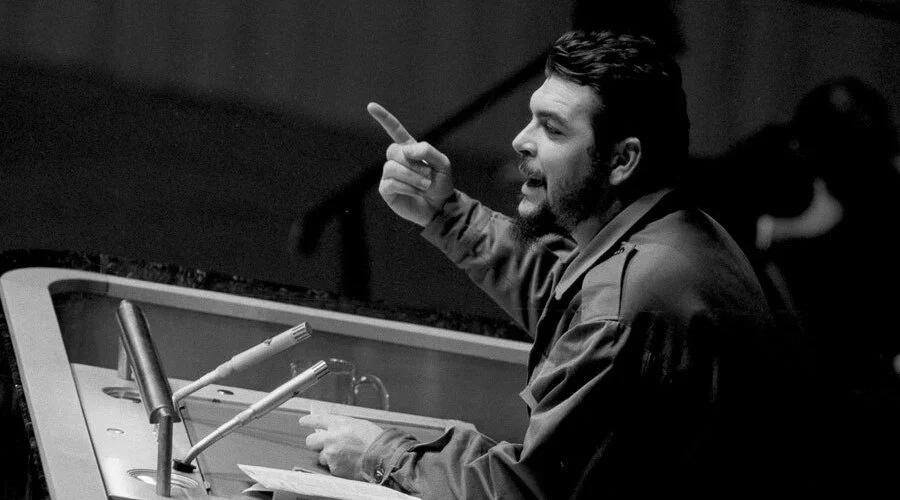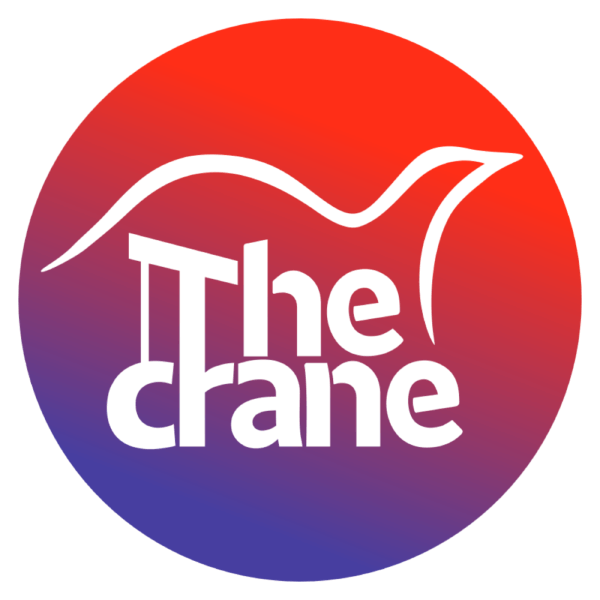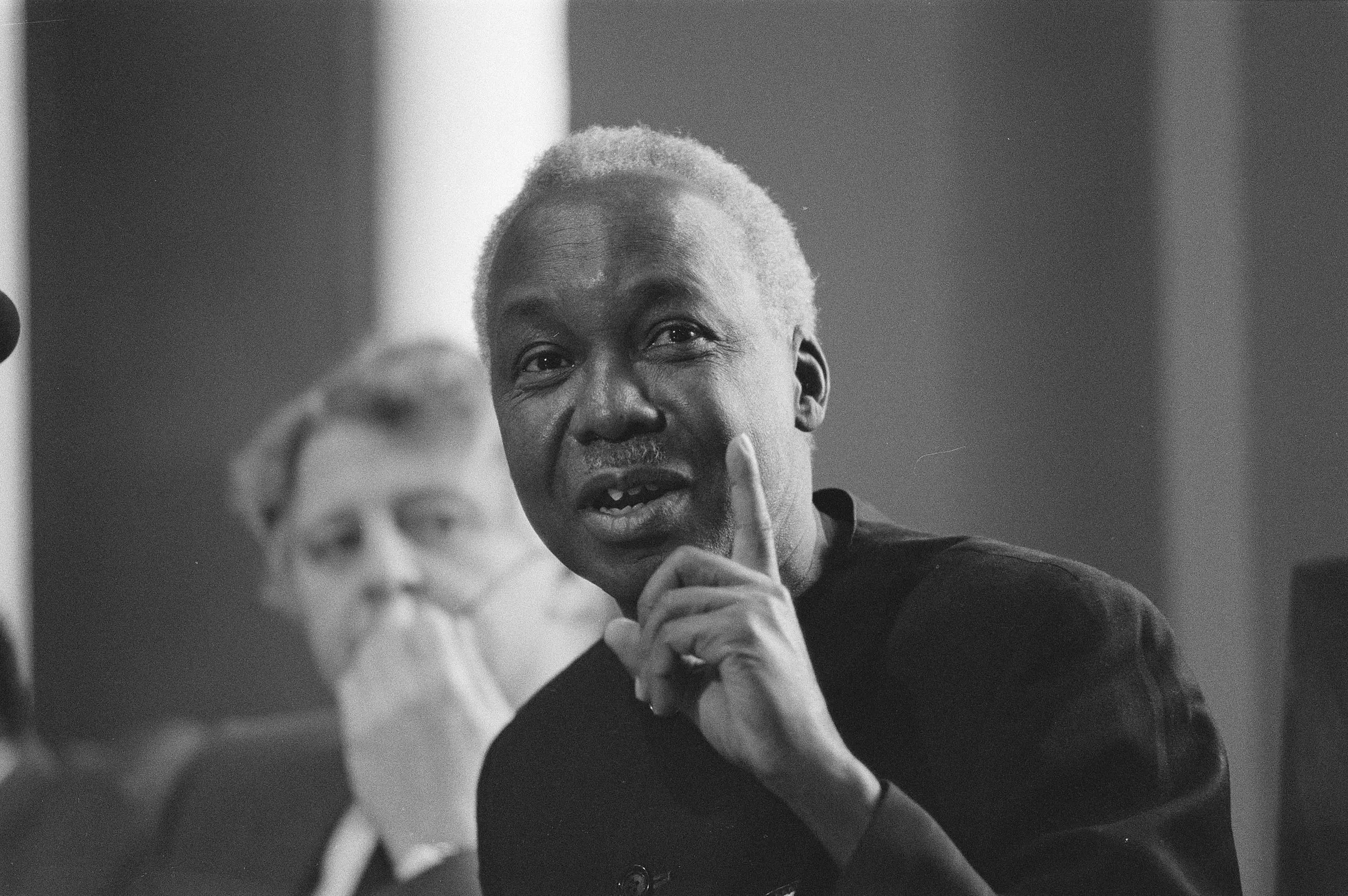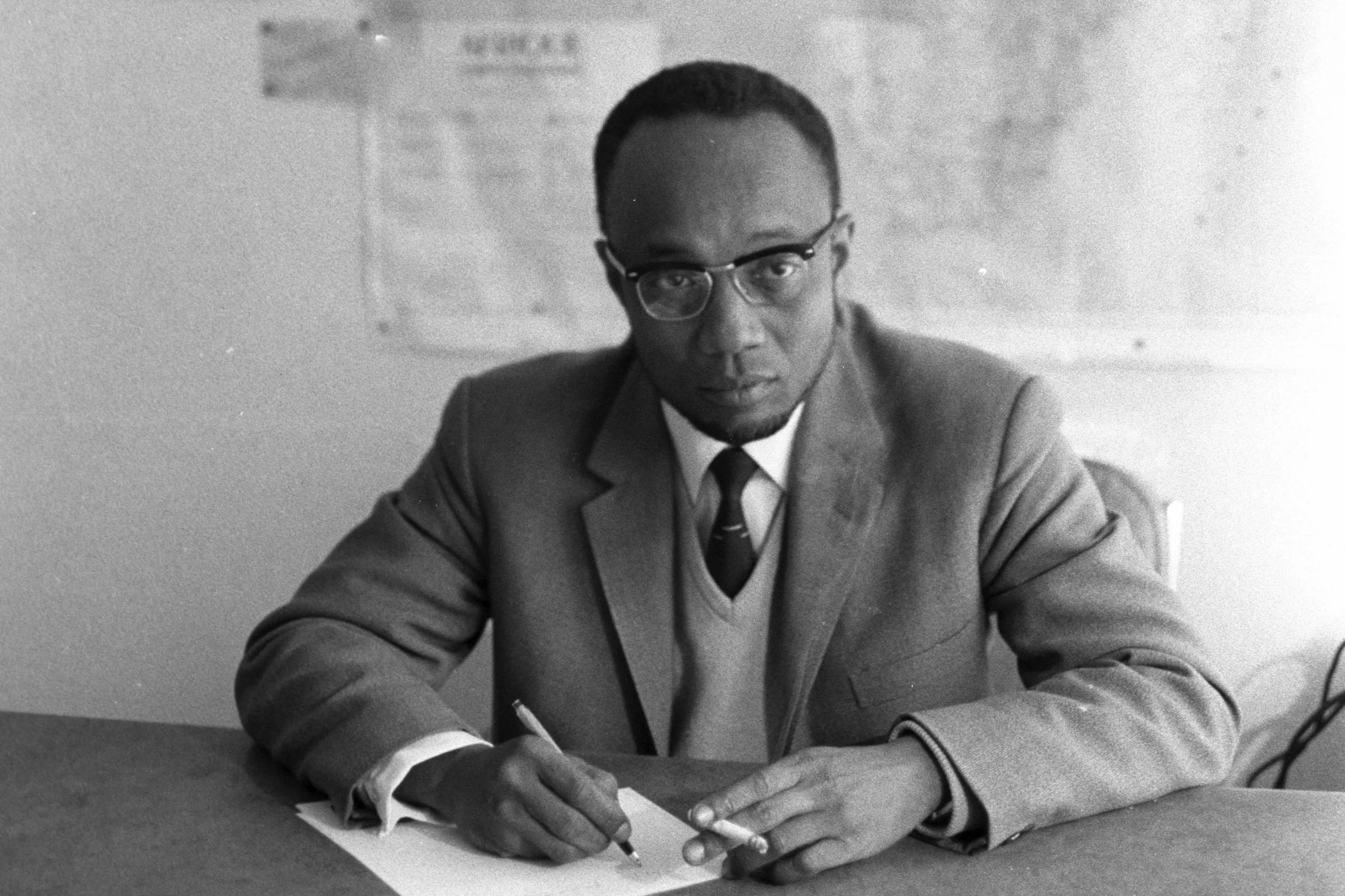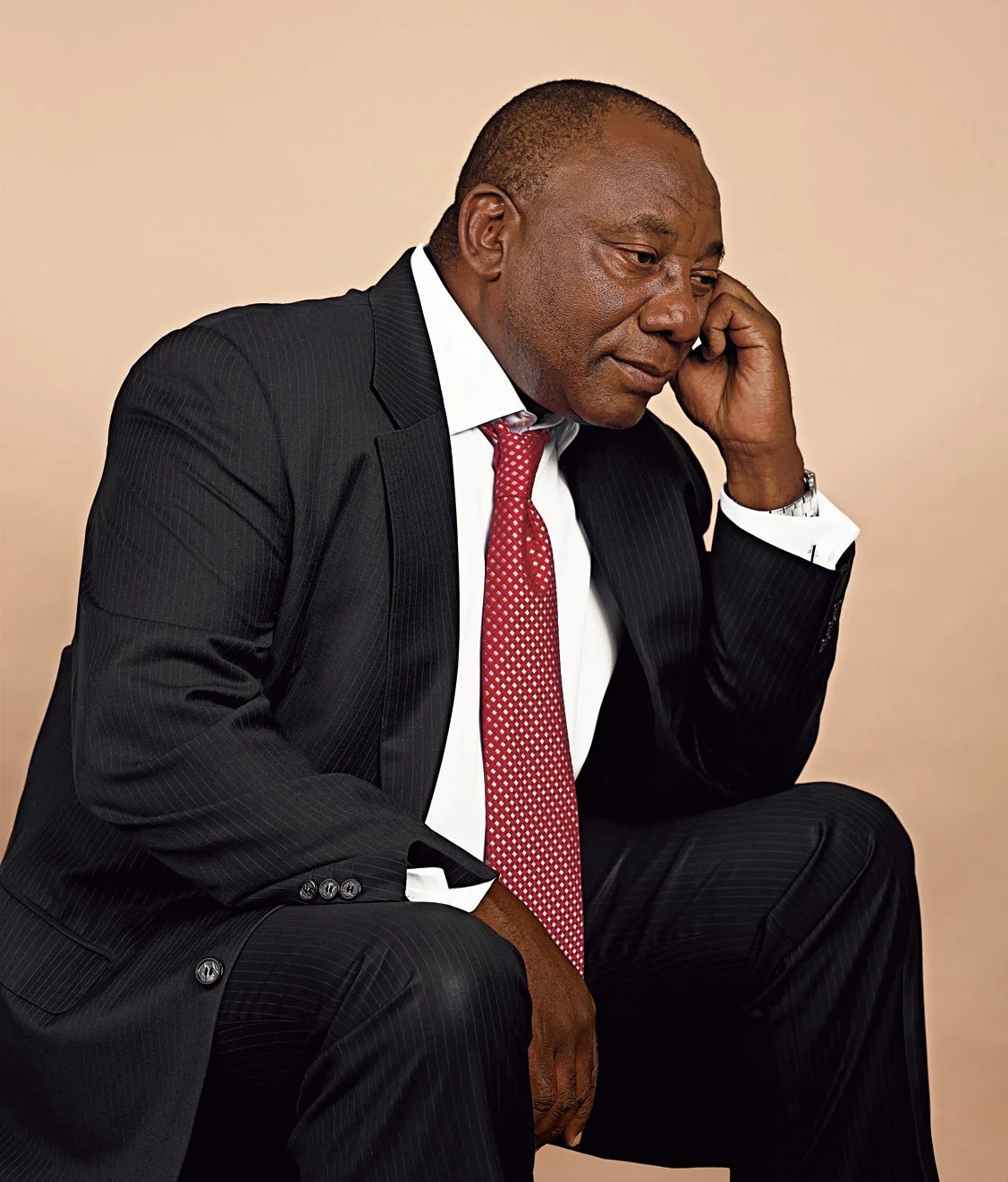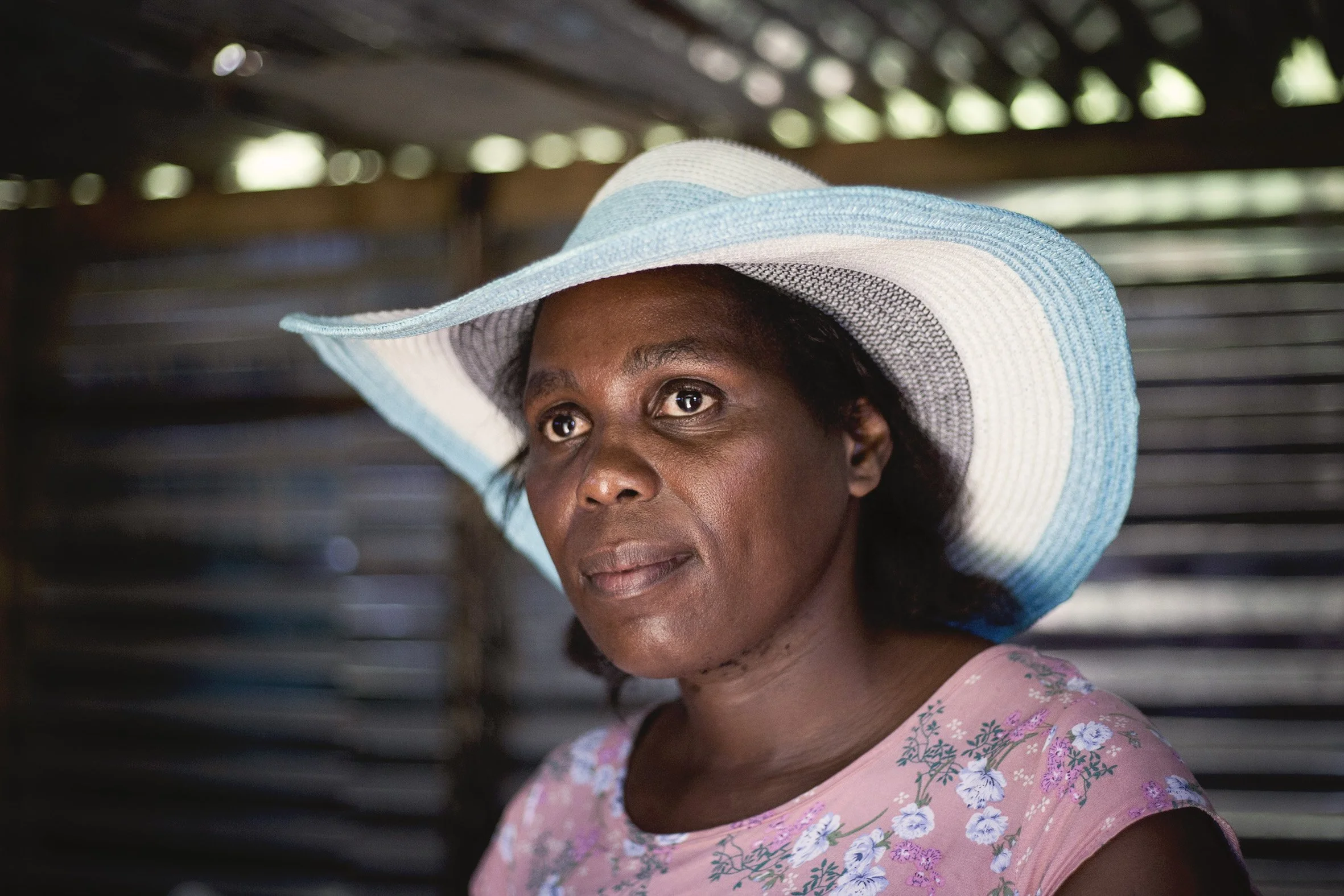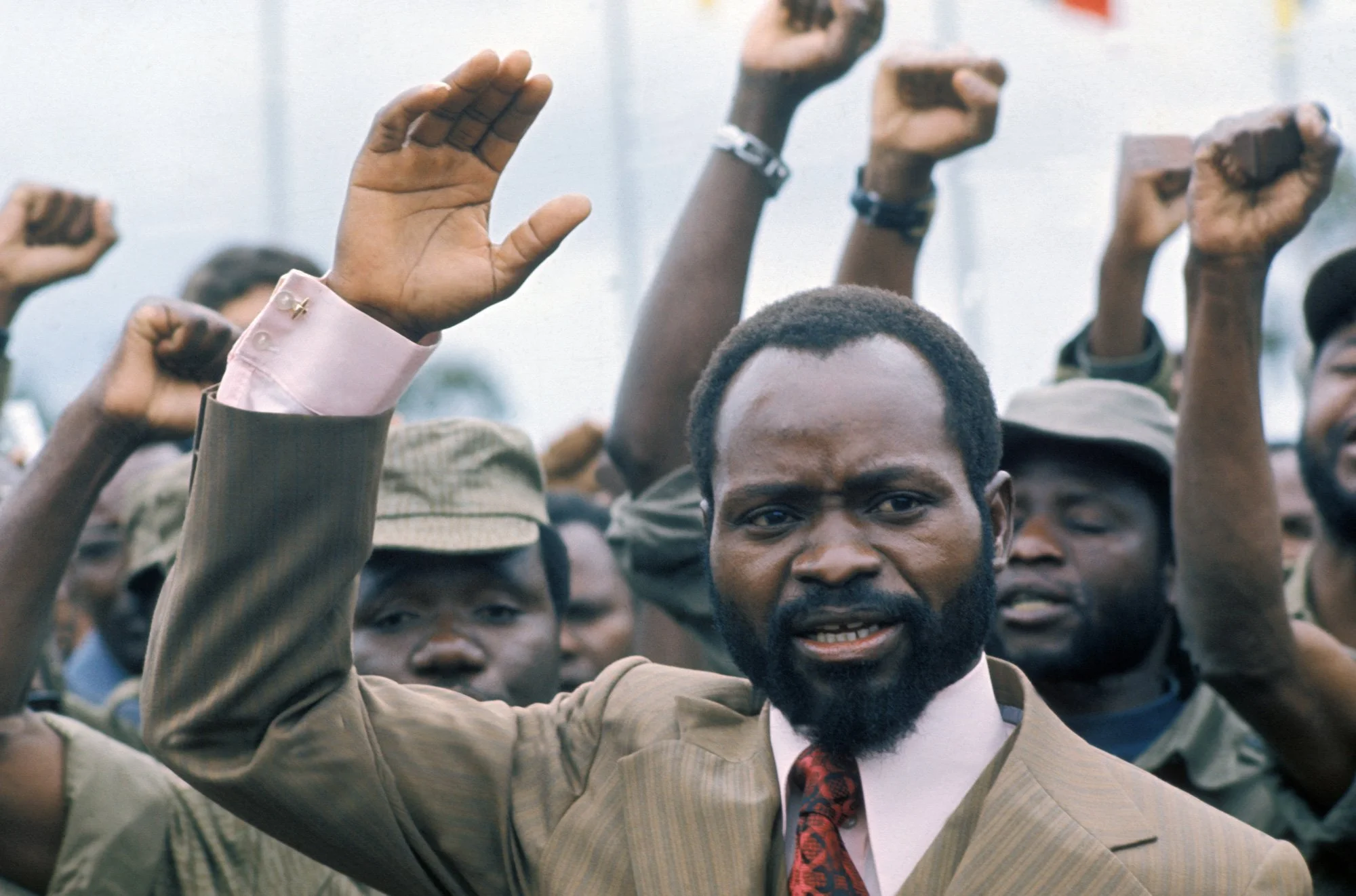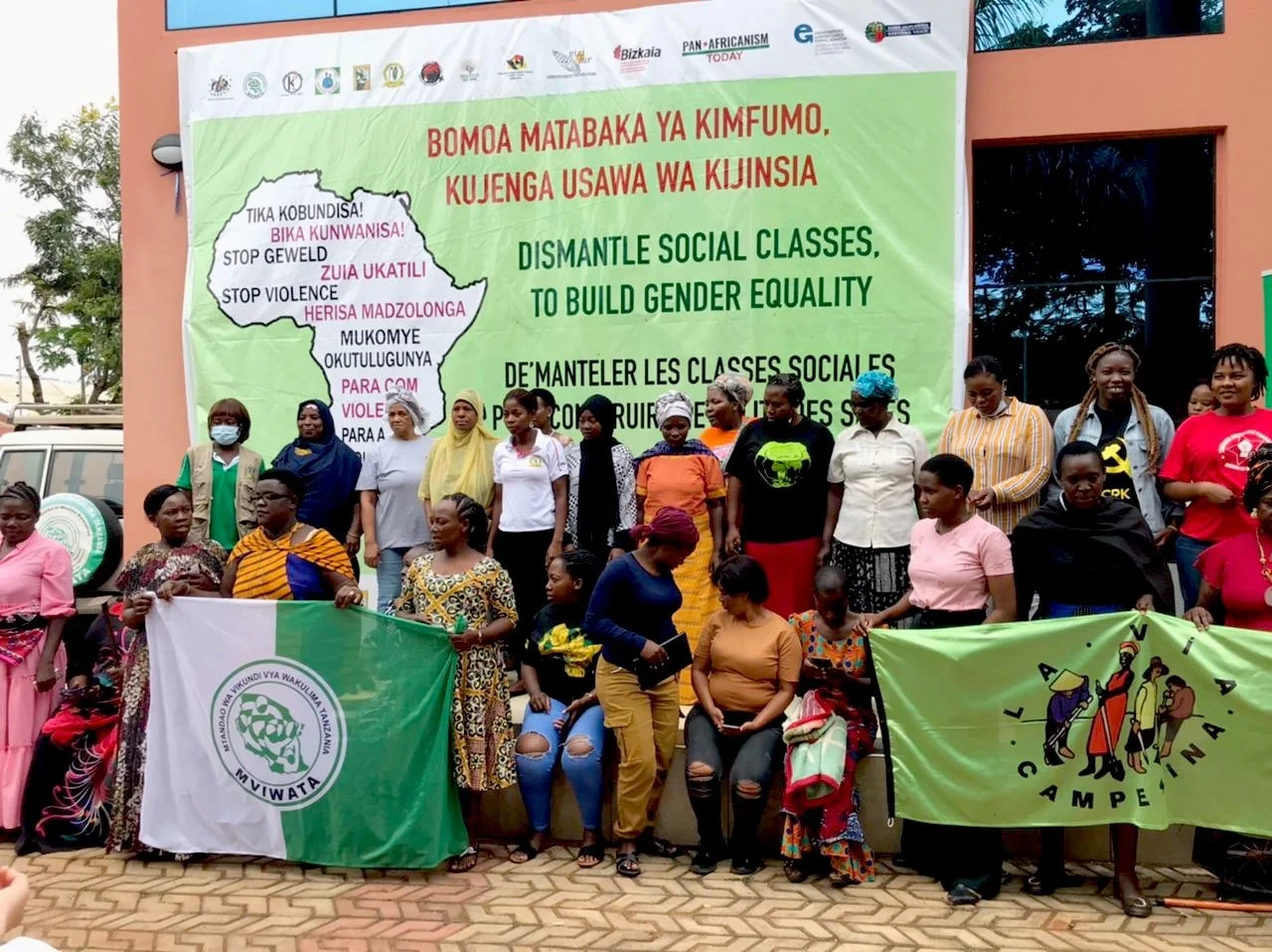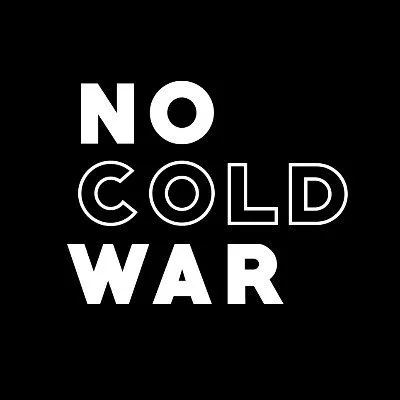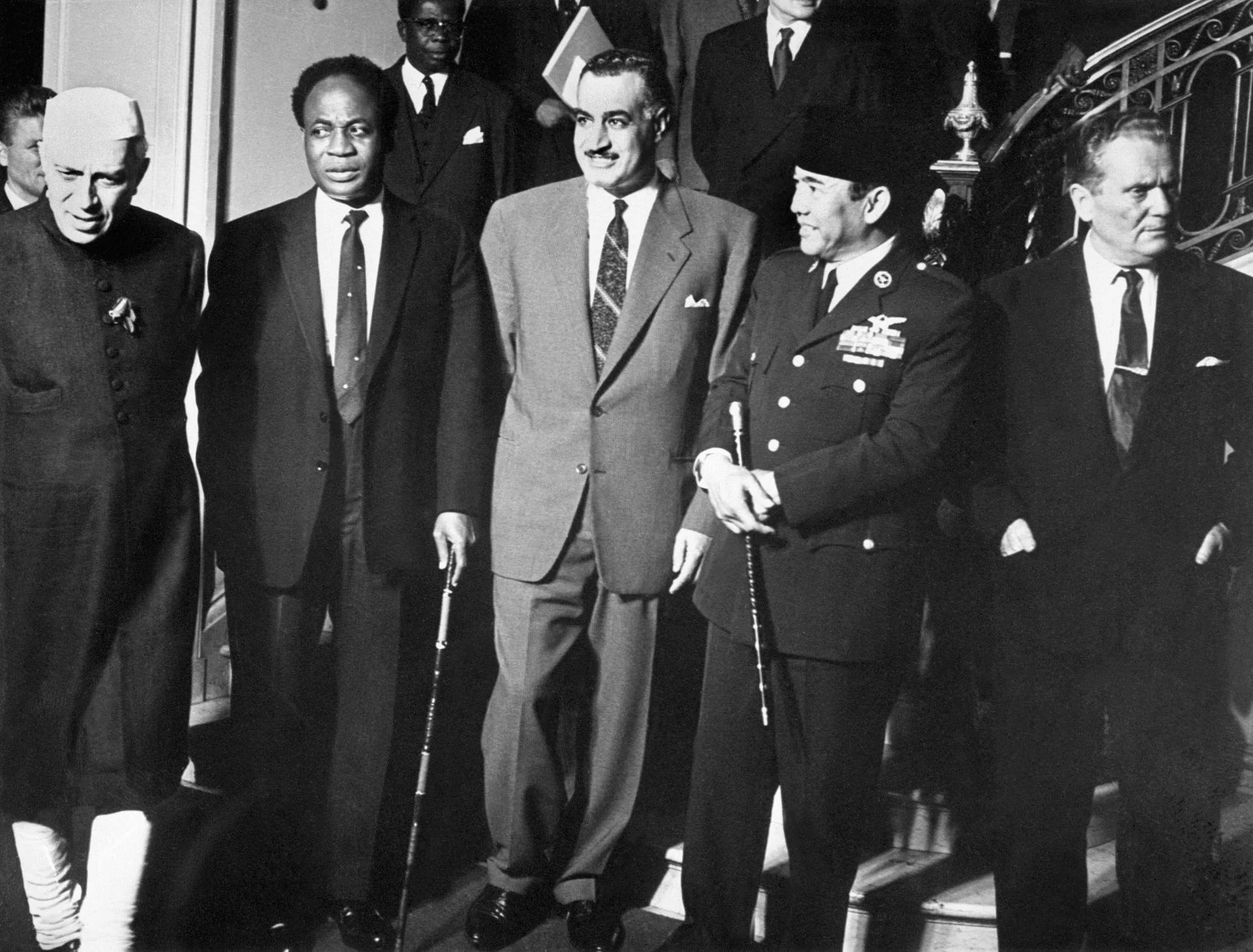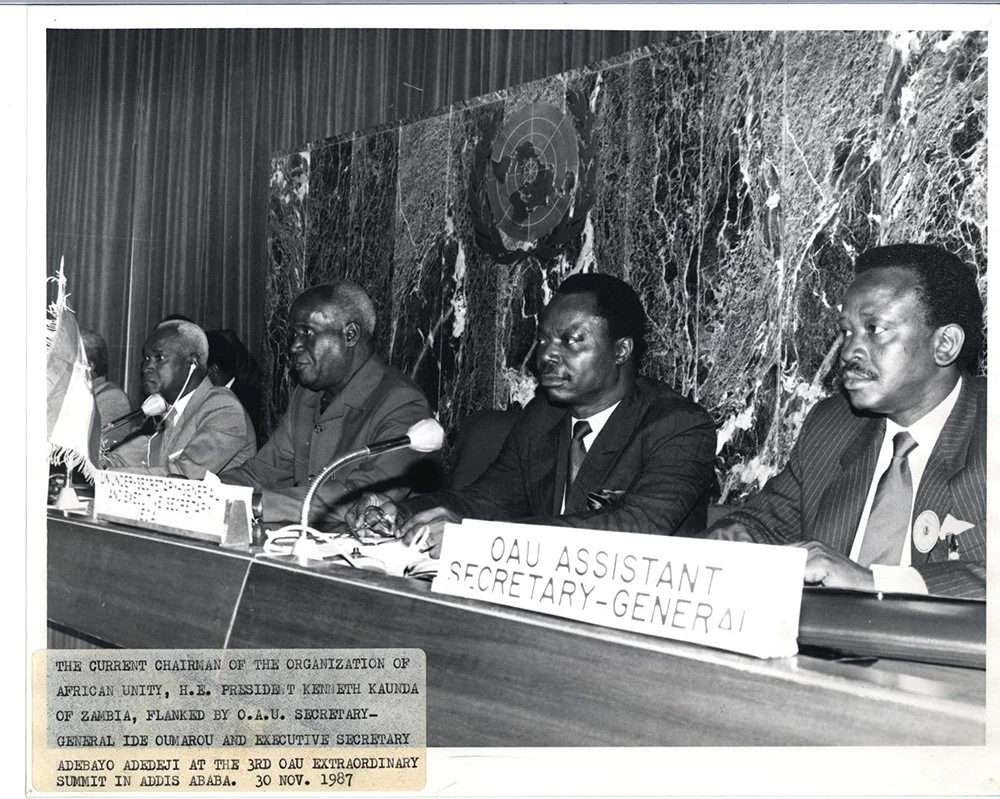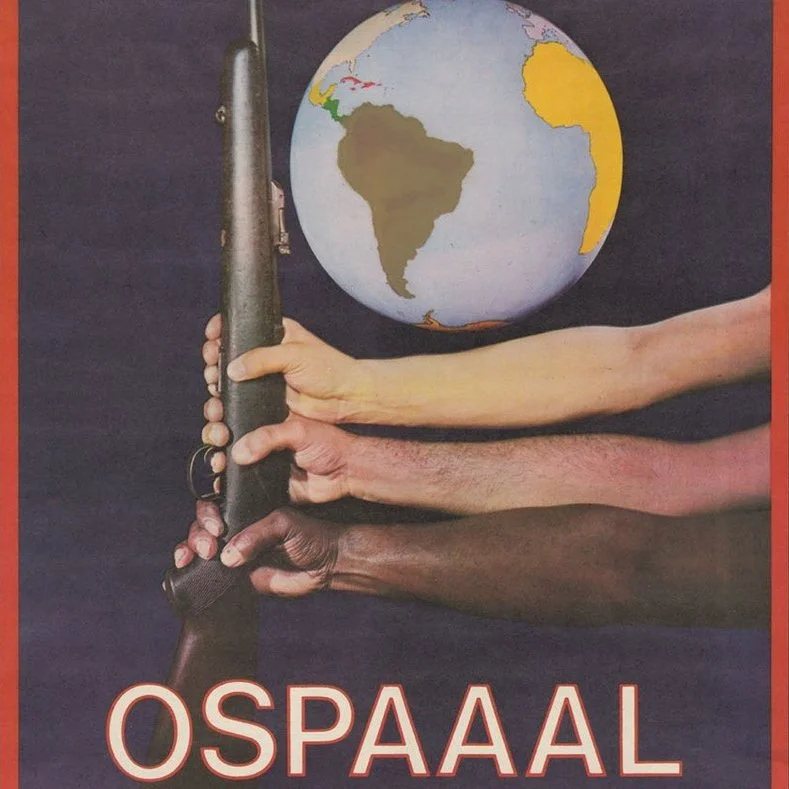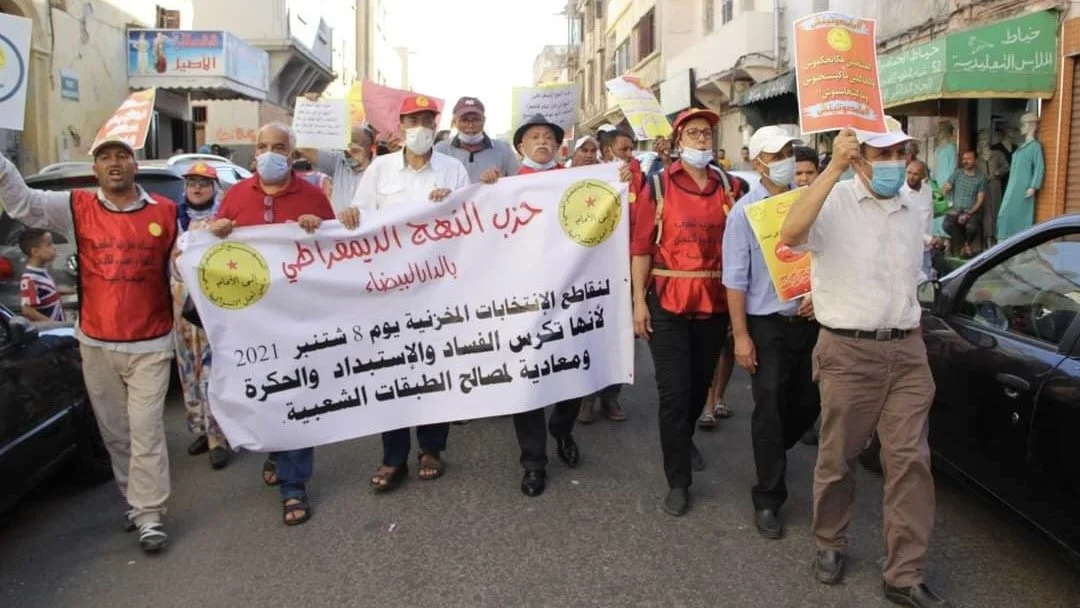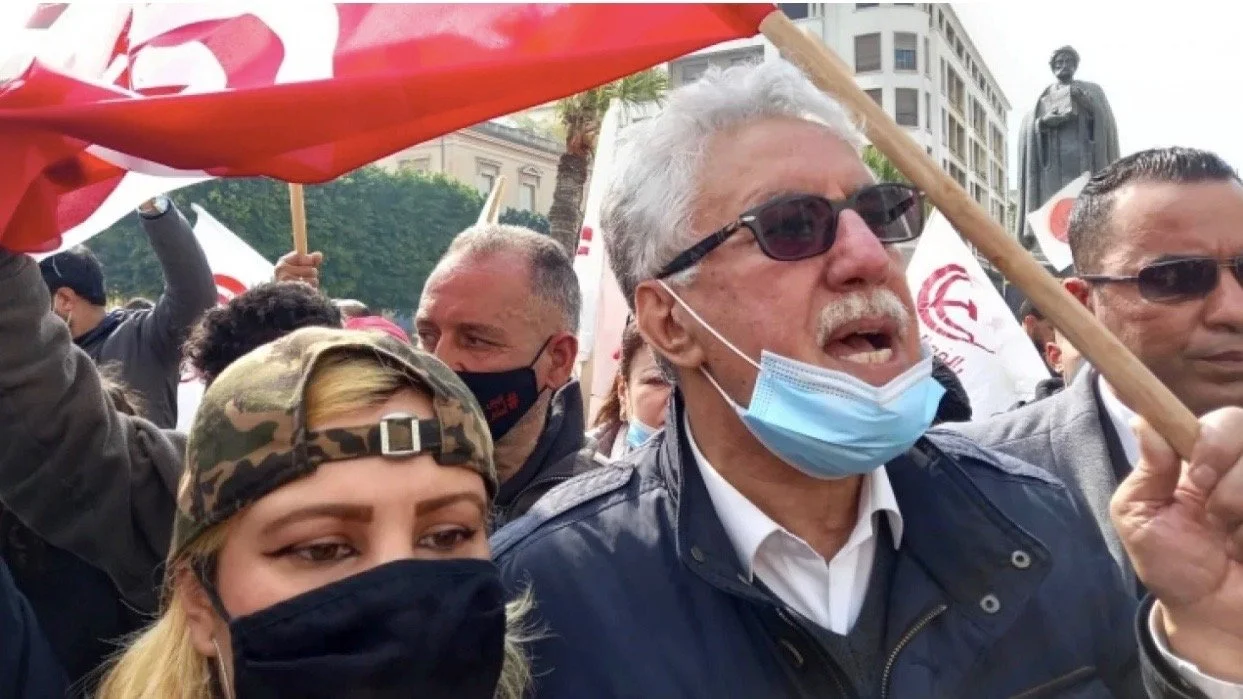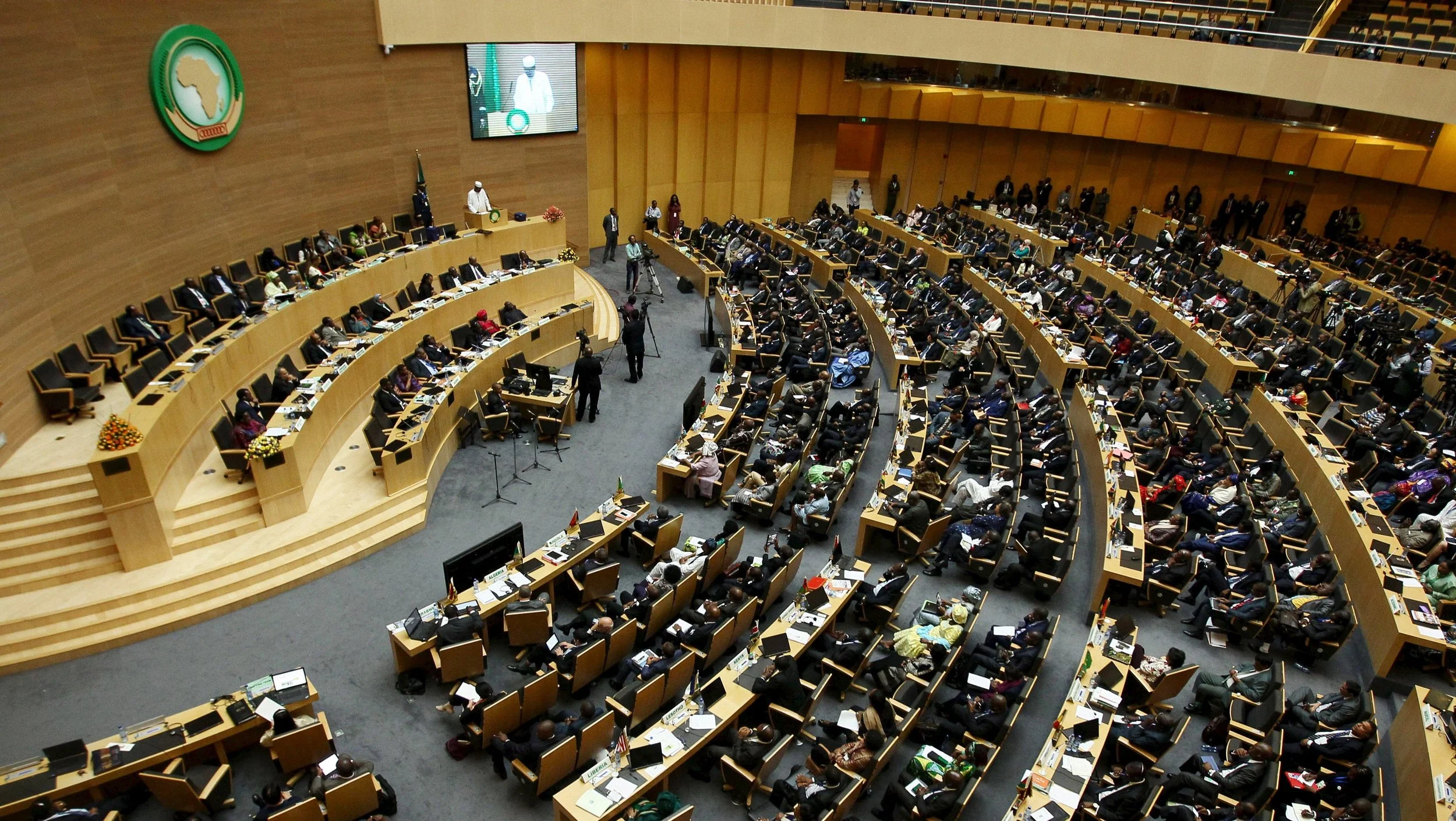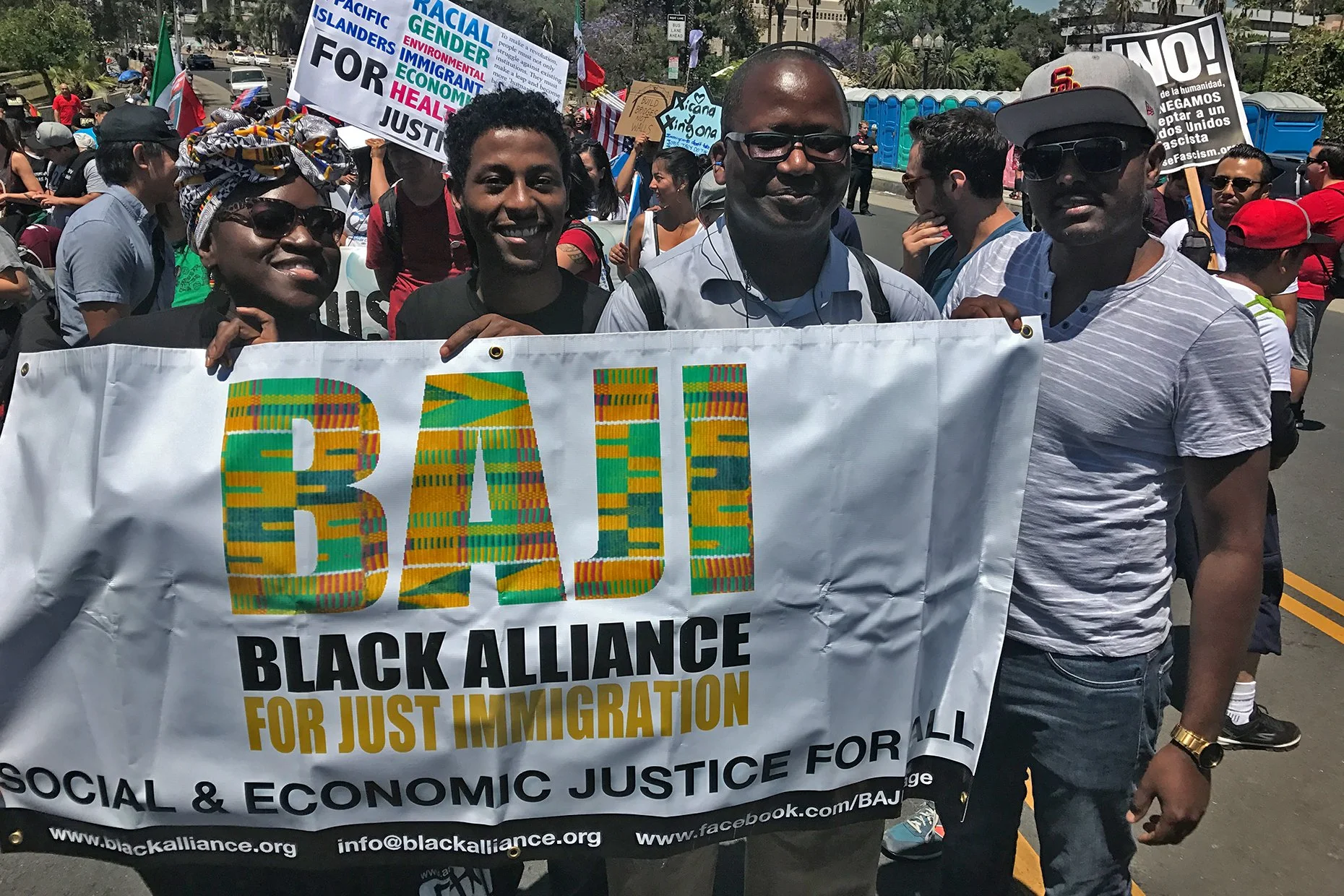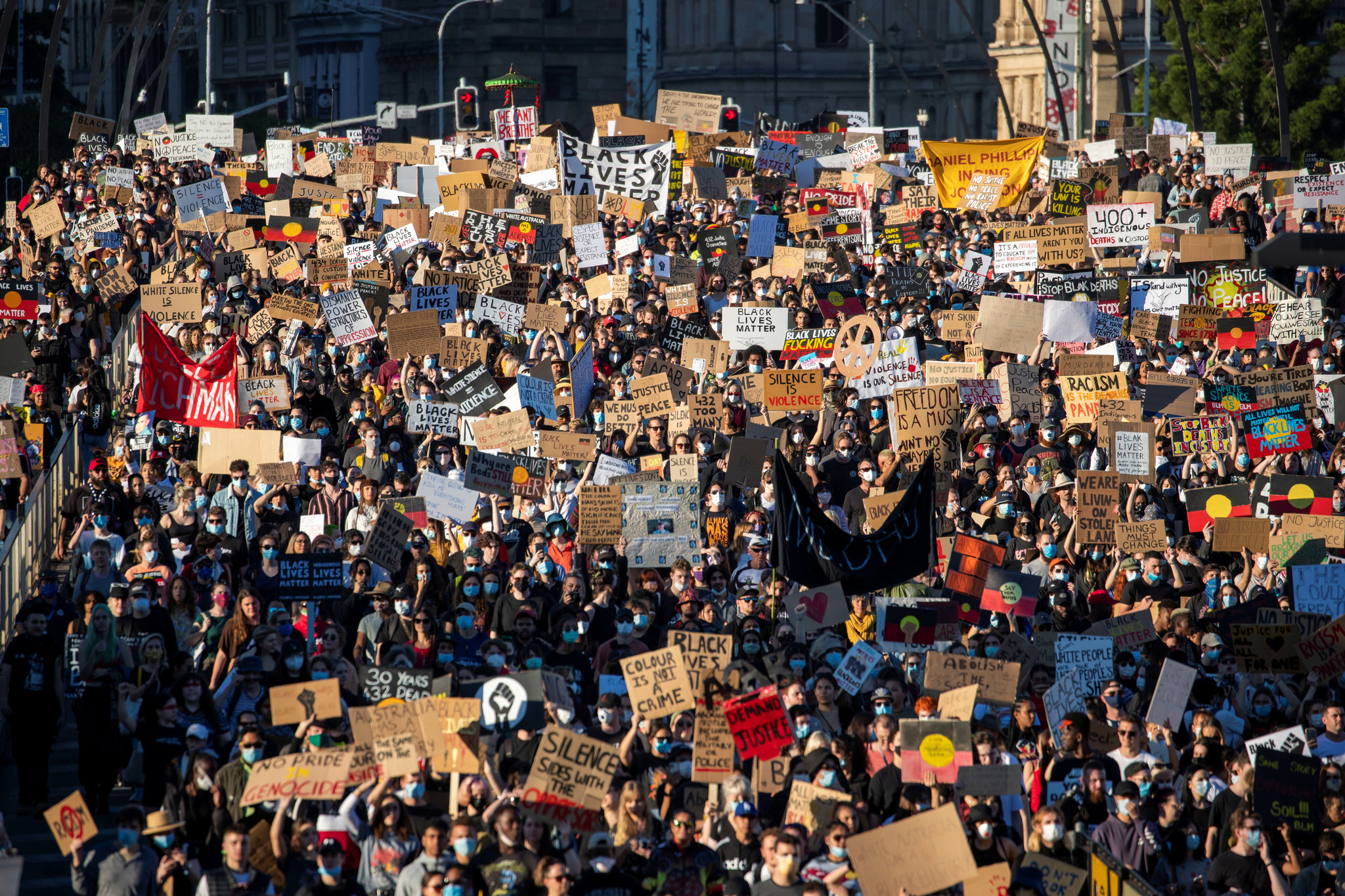
NEW WORLD COMING
“I still think today as yesterday that the color line is a great problem of this century. But today I see more clearly than yesterday that back of the problem of race and color, lies a greater problem which both obscures and implements it: and that is the fact that so many civilized persons are willing to live in comfort even if the price of this is poverty, ignorance, and disease of the majority of their fellowmen; that to maintain this privilege men have waged war until today war tends to become universal and continuous, and the excuse for this war continues largely to be color and race.”
— W. E. B. Du Bois, 1953 Introduction to the Jubilee Edition of Souls of Black Folk, Blue Heron Press
Welcome to the political education material to accompany our interview program, “New World Coming.” In this series, which can be found on YouTube, we interview scholars, activists, and leaders who have worked with and studied Black liberation struggles across the Americas to explore how movements and communities unite to resist, fight back, make democratic progress, defeat and transform capitalist social relations of life.
Our host, James Early, came up through the New Communist Movement and has a lifetime of experience thinking about and collaborating with leaders and movements on Afro-descendent identity and culture and anti-racist struggle across the Americas. Every episode is accompanied by resources on the referenced materials, concepts, people, historical movements, and organizations brought up by James and our guest, as well as terms and definitions.
Episode 9:
Working-Class Pan-Africanism with Mikaela Nhondo Erskog
James Counts Early is joined by popular educator, organizer, and researcher with the Tricontinental Institute for Social Research, Mikaela Nhondo Erskog. In their discussion Mika provides a brief history of the national liberation and socialist projects on the African continent and how the intensification of current capitalist crises reveals a need for the resurgence of these projects. They also discuss her work with the International Peoples’ Assembly building up and connecting a network of African political parties, social movements, and trade unions that are concretely organizing to serve working people’s interests. Finally, Mikaela clears up the numerous myths about the kind of investment and development partnerships offered to African countries from outside the West.
Released November 4, 2022
James C. Early is the former Director of Cultural Heritage Policy, at the Smithsonian Center for Folklife Programs and Cultural Studies. James has been a leading voice in the African diaspora and has spent his life connecting with Afro-descendant movements across Latin America and the Caribbean. As a skilled critical thinker of culture, race, and capitalism, James has been a longtime friend to socialist countries, movements and Black liberation struggles across the world.
ABOUT THE SPEAKERS
Mikaela Nhondo Erskog is a popular educator, organizer based in South Africa. She is an editor and researcher with the Tricontinental Institute for Social Research, a coordinator of Pan-Africanism Today, the Africa regional articulation of the International Peoples’ Assembly, and she works on educational programming in the National Union of Metalworkers of South Africa (NUMSA).
REFERENCES
Materials
People
Organizations & Movements
Terms & Definitions






